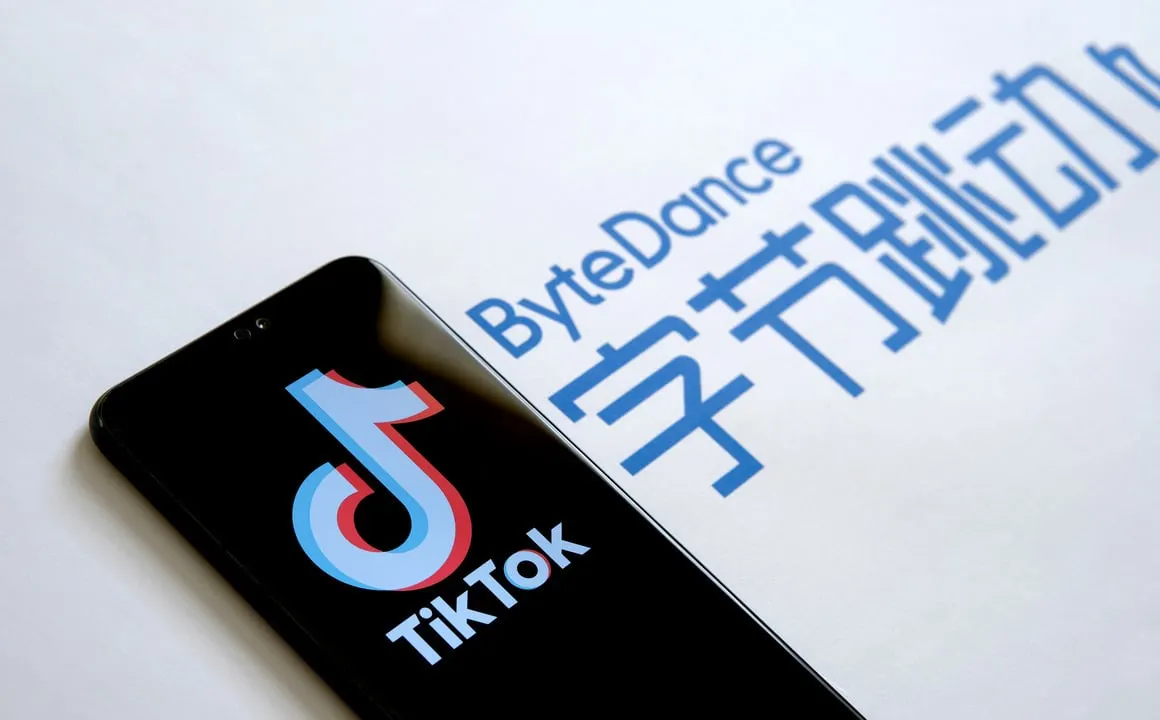Is TikTok’s Parent Company Buying $12B Worth of AI Chips?

ByteDance reportedly plans to double down on domestic AI chips following U.S restrictions. The Chinese tech giant, however, says that's false.
Tiktok’s parent company, ByteDance, may be planning to spend more than $12 billion on AI chips in 2025, the Financial Times reported Wednesday.
The move would effectively double its investment from last year, even as its flagship app navigates choppy political waters in the U.S.
Chinese tech companies face mounting pressure from Beijing to boost their local industries and reduce their dependency on Nvidia AI cards, especially as U.S. sanctions prevent the companies from exporting their best chips to the nation.
ByteDance is reportedly investing heavily in AI, with $5.5 billion of its $12 billion budget allocated for domestic chip purchases from manufacturers such as Huawei and Cambricon, per to the report.
The remaining $6.8 billion would be marked for overseas AI infrastructure, though this chunk faces some serious roadblocks.
Despite U.S. sanctions against the Chinese AI industry, domestic production and development are becoming more dominant.
Bytedance’s AI chatbot Doubao registers over 60 million monthly active users, nearly half of all the visits Chinese users make to AI chatbots.
In general, the number of monthly active users of AI apps in China doubled over the five months, according to statements made by Chen Yan, research director of QuestMobile, according to Yicai Global.
On Wednesday, ByteDance called the FT’s report as false. A company spokesperson reportedly told Chinese media, "The anonymously sourced information about our plan is incorrect."
“ByteDance gives great importance to the development and investment in the field of artificial intelligence, but the relevant budget and planning rumors are not correct,” the spokesperson reportedly said.
This isn't the first time ByteDance has had to fight off rumors about its AI strategy.
The Information recently claimed the company was dodging U.S. sanctions by storing Nvidia chips in Southeast Asian data centers instead of bringing them to China.
ByteDance shot that down fast, telling TechCrunch that "ByteDance has not bought H100s for its data centers outside of the U.S. since the relevant U.S. export control rules took effect."
Also, in September, it was reported that ByteDance was cooking up its own AI chips.
The company set the record straight, saying its semiconductor work was still "in the early stage" and mostly focused on making its ad and recommendation systems run cheaper.
ByteDance made sure to note that all its chip projects play by the rules when it comes to trade regulations.
ByteDance did not immediately respond to Decrypt's request for comment on its budget and planning, including how it plans to maintain its AI program under the strict sanctions that prevent Nvidia exports to Chinese firms.
Edited by Sebastian Sinclair
Related News
- Who Is Ross Ulbricht? The Silk Road Founder and Bitcoin Icon Pardoned by Trump
- Bitwise Registers Delaware Entity for Potential Dogecoin ETF
- Did Films 'The Brutalist' and 'Emilia Pérez' Cross the Line with AI Voice Editing?
- BlackRock CEO Larry Fink Says Bullish Bitcoin Adoption Could Push Price to $700K
- Paralyzed Man Controls Virtual Drone With His Mind
- Bitcoin Not a 'Threat' to US Dollar, Says Goldman Sachs CEO
- Sam Altman's Worldcoin Surges After Trump Teases $500 Billion OpenAI Plan
- Dogecoin Dumps as Elon Musk's DOGE Agency Website Removes Meme Imagery
- Pension Funds Could Push Bitcoin to $200K This Year: Standard Chartered
- Another Court Orders Treasury to Lift Tornado Cash Sanctions
© 2025 DeFi.io